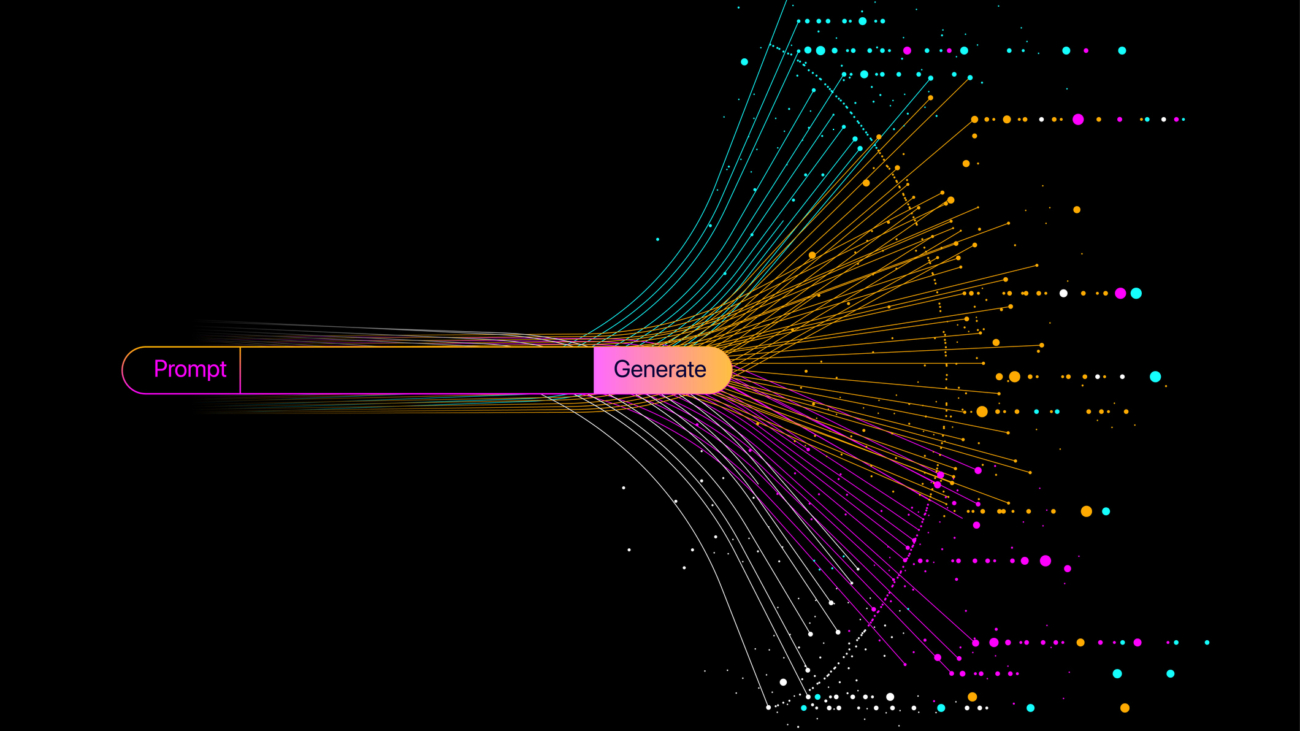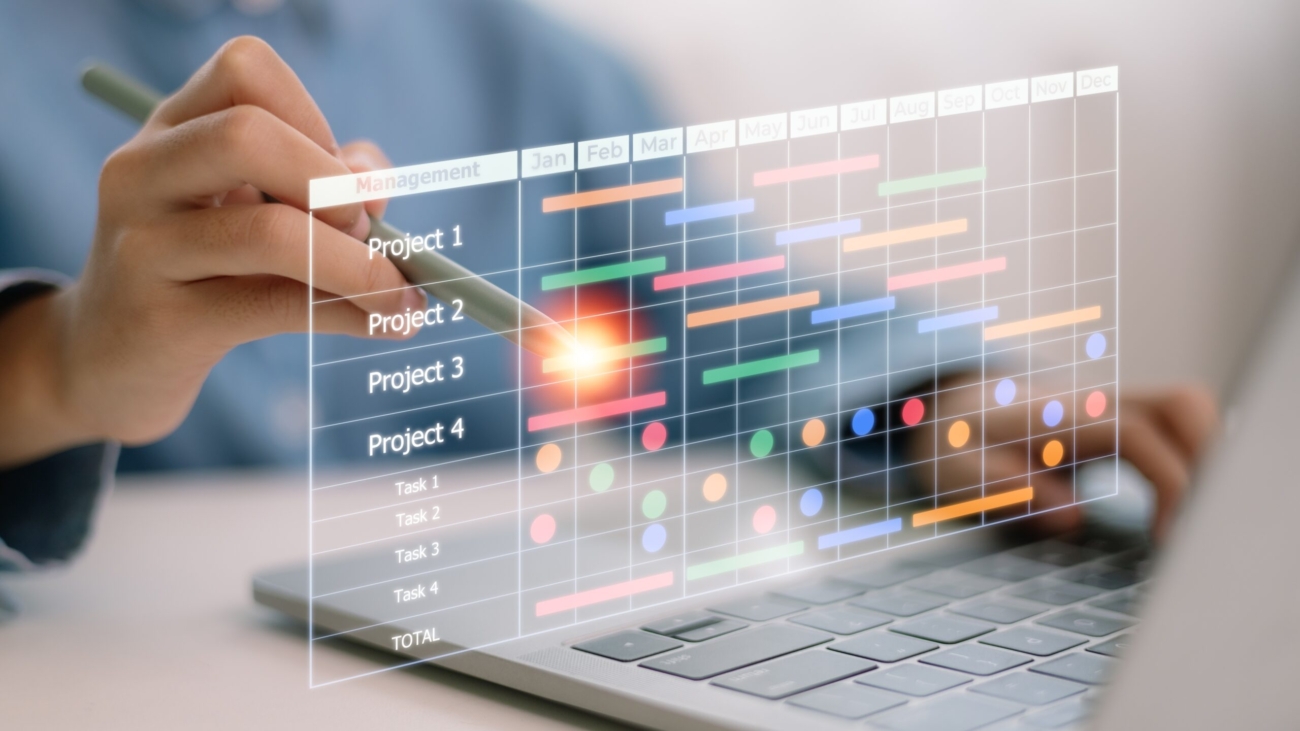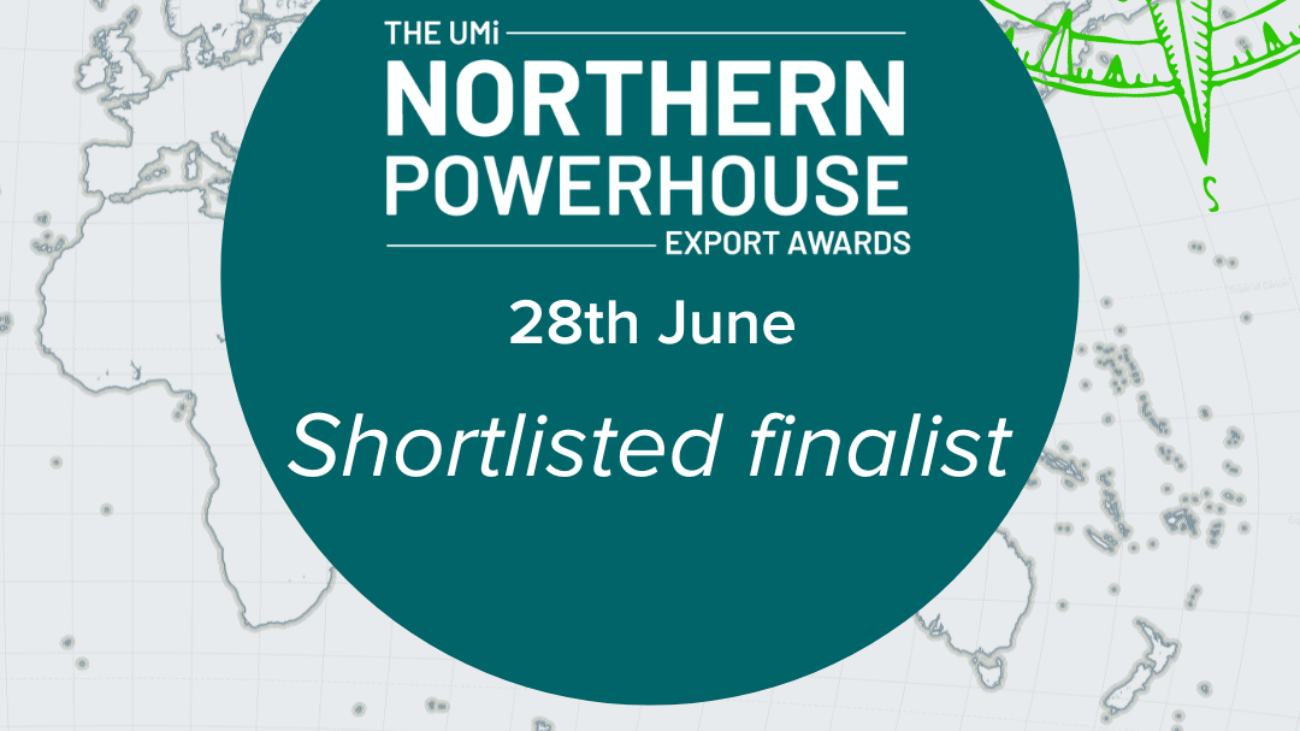Location: North West, UK
Sector: Manufacturing / Sustainability
Project: Technical document translation for publication
Language(s): English > German
Client
Our client is a UK-based manufacturer of high-performance materials for the international flexographic and corrugated printing industry. With over 50 years of industry expertise, the company has established itself as an innovative leader in sustainable printing solutions. They recently pioneered the industry’s first bio-based plate mounting material specifically developed for corrugated printing, representing a significant step in decarbonising printing operations while maintaining high-performance standards.
Translating a comprehensive article outlining their sustainable innovations as well as the scientific and environmental properties of their unique product material from English to German was essential for our client to:
- Expand further into the German and broader European markets
- Communicate their sustainability innovation to German-speaking stakeholders
- Ensure compliance with EU sustainability reporting requirements
- Position themselves as sustainability leaders in the European flexographic printing sector
Challenge / Solution
Our task was to translate comprehensive technical documentation detailing the company’s innovation and sustainability strategy to be published in a well-respected magazine of a governing body in Germany. The content required expert handling and attention to detail due to its complex technical and regulatory elements.
We assigned a specialised team of technical translators with extensive experience working in the fields of manufacturing, sustainability and regulatory compliance. Our translators possessed specific knowledge of German and EU regulatory frameworks, ensuring accurate translation of complex compliance requirements, including sustainability reporting directives and legislative proposals relating to the simplification of sustainability rules.
The translation process involved rigorous terminology management to maintain consistency across technical specifications and regulatory references. We adapted the content to reflect German business communication preferences while preserving the document’s persuasive impact and technical credibility.
Special attention was also paid to translating sustainability metrics and ensuring precise communication of the product’s environmental benefits and other key features to support our client’s market differentiation strategy. Our team also undertook thorough and targeted research to accurately and effectively translate environmental impact indicators and their acronyms such as Global Warming Potential (GWP) and Overall Equipment Effectiveness (OEE).
Impact
Our client was highly satisfied with our technical translation expertise and cultural adaptation of their sustainability messaging for the German market.
The successful German translation and publication will have a significant business impact for our client, including:
- Market expansion success: The translated documentation directly supports our client’s successful entry into European markets, supporting their strategic expansion into German-speaking regions where sustainability regulations and environmental compliance are increasingly prioritised.
- Enhanced credibility: Accurate translation of technical specifications and regulatory compliance messaging establishes credibility with German engineering and manufacturing audiences, critical for B2B success in the German market.
- Regulatory compliance support: Precise translation of EU sustainability directives and German supply chain legislation helps position our client as knowledgeable about local regulatory requirements, strengthening their market positioning.
- Industry leadership positioning: Our translation helps establish our client as a thought leader in sustainable printing innovation across German-speaking markets, enhancing brand perception and market authority.
Our team was proud to support our client’s mission to drive sustainable innovation in the flexographic printing industry and help them achieve meaningful business success in the German market through expert technical translation.
Get in touch with us today for a consultation on your technical translation and market expansion strategy: info@ecls-translations.com.










